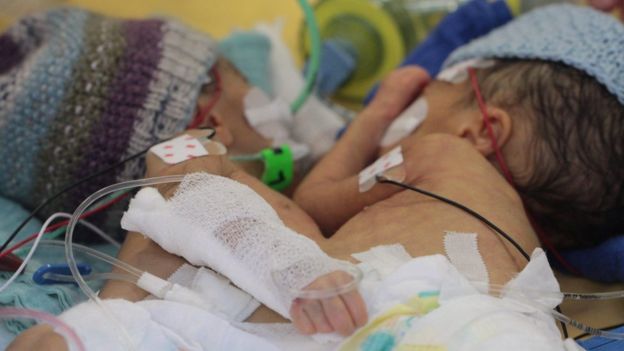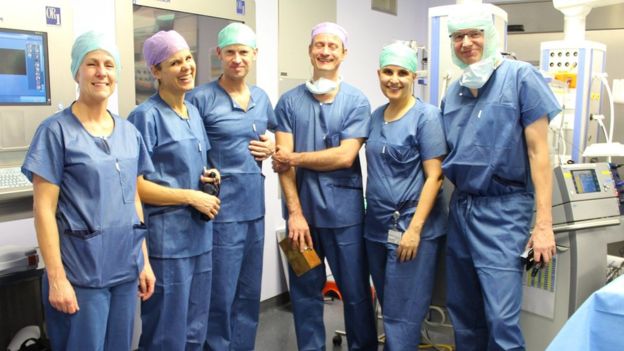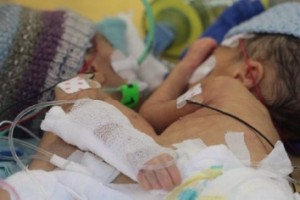A coalition of health experts have drawn up a strategy to tackle the UK’s general lack of exercise across the country. Supposedly, the health complications that arise from the issue costs the economy an estimated £20bn per year, with the loss of around 37,000 lives.
The government, along with the NHS and organisation UKactive have created ‘Blueprint for an Active Britain’ a strategy to see the Department of Health, Work and Pensions to take action across the NHS, social services, public transport and the workplace to create a more physically active approach on-going to tackle the issue. Changing the public’s habits ahead of future health complications is a top priority.
A key recommendation from the pilot scheme is to introduce a trained physical activity professional into each GP surgery to help patients improve fitness, cardio-respiratory and mental health. The care will be delivered similarly to that of GPs’ access to physiotherapists for patients in need.
The coalition claim that the minimal costs to introduce the scheme will quickly off-set the on-going costs to treat in-active health issues, in that prevention is easier, and in this case cheaper, than treatment.
Tanni Grey-Thompson, UKactive’s chair, and British Paralympic champion said “We know that physical activity programmes only attract around 4% of public health funding at present. This is much lower than funding to tackle alcohol abuse, obesity and STDs, despite physical inactivity contributing to more premature deaths. It’s vital that helping people to establish good exercise habits is central to the NHS’s core business.”
For more information on GP's Jobs available at Key locums, click here - http://www.keylocums.com/job-search
News in that GP trainees will now be offered £20,000 as an incentive payment take jobs in areas currently understaffed as part of a Health Education England initiative.
It’s estimated that 1 in 9 GP vacancies in England were unfilled in the East Midlands and the North East regions. In order to counter this, trainees will be offered incentives of £20K by the HEE, to take up jobs in the areas worst affected.
Maureen Baker, the RCGP chairperson welcomed the announcement, stating: ‘This initiative is something that the college has been proposing for some time, and we are pleased to see it being implemented,’
‘It is just one initiative in the 10-point-plan to build the GP workforce that the college launched last year with NHS England, HEE and the BMA and we will continue to work with the government and decision makers to "recruit, retain, return" the thousands more GPs necessary to keep our profession – and the wider NHS – sustainable.
Click here for GP Jobs - http://www.keylocums.com/job-search
With staff shortages on the rise, and posts being left vacant, research has been carried out by the Centre for Health Economics to find more about our GP’s education in the UK.
Based on the research results, less than a third (31%) of current UK-educated GP trainees attended private schools, the smallest representation of all medical specialties assessed. This compares to nearly half of all surgical trainees (44%), with 37% of medical trainees overall being privately educated.
69% of GP trainees are female, and the workforce looks to become more female-dominated in the coming years
Source: http://www.gponline.com/uk-gp-trainees-likely-state-education-specialties/article/1376133
A pair of conjoined sisters have been successfully parted by doctors in Switzerland at only eight days old.
Delivered in December, baby girls Lydia and Maya were born conjoined alongside a triplet, born separate and healthy. Although plans were made to separate them after a few months of life, health conditions forced doctors to attempt the operation after only eight days outside of the womb.

At a tiny 2.2kg (between both sisters), Lydia and Maya were fused at the liver but still had all other vital organs. One sister however, had very high blood pressure and too much blood, whilst the other did not have enough blood to sustain her.
After five hours, on December 10, a medical team of 13 people successfully separated the girls despite the operation only having a microscopic 1% chance of success. This is the first time babies so young have been separated.
Steffen Berger, head of paediatric surgery at the hospital said: "The perfect teamwork of physicians and nursing personnel from various disciplines were the key to success here. We are very happy that the children and parents are faring so well now."
After further surgery, the girls are now said to be recovering well and have gained weight.

Source: BBC Health
To register with Key Locums, GP recruitment specialists, call us on 0844 561 0950 or email info@keylocums.com
Recently published calculations have suggested that giving HIV drugs to healthy gay men on a daily basis could help to prevent new infections from taking hold.
The calculations, published in the Lancet, suggest that if daily drugs are administered to those with the highest risk of contracting HIV, the number of infected people could be cut by more than 40% in the UK.
Statistics show that gay men in London are at the highest risk of contracting HIV in the UK, with one in eight gay men living with the infection. The rest of the UK shows one in 26.
How can HIV contraction be prevented?
The simplest and one of the most effective methods of prevention is to use condoms. However, these are often ignored.
Studies show that by 2020, there will be 16,955 further cases of HIV in gay men. Tests carried out last year on 500 men examined the effects of an alternative prevention method – pre-exposure prophylaxis (Prep).
The tests showed that giving men Prep drugs for a year could prevent one case in 13. That is a staggering 7,399 cases of infection.
Medical Director of the Terrence Higgins Trust, Dr Michael Brady said: “This study is really important as it demonstrates that, in a relatively short space of time, Prep could have a dramatic impact on reducing HIV transmissions.”
Prep is being evaluated by the NHS to judge whether it should be administered.
Source: BBC Health
Featured jobs
LocumNurse PractitionersLancashire Details 19/02/2026 General Ward Nurse RGN - St Peters Hospital
PermanentGeneral PractitionersSurrey Details 19/02/2026 Registered Recovery nurse - Band 5 - in the Inverness region
LocumNurse PractitionersInverness Details






